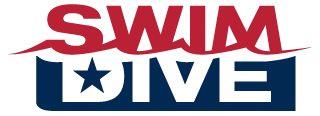Fair Labor Standards Act "White Collar" Exemption White Paper
NCAA White Paper
As many of you are aware, on May 18, 2016, the U.S. Department of Labor (“DOL”) announced its Final Rule revising the “white-collar” exemptions from the Fair Labor Standards Act’s (FLSA) minimum wage and overtime requirements. Although sweeping changes were possible, the Final Rule’s key revision is a significant increase to the minimum salary level generally required for exemption, raising it from $455 per week (i.e., $23,660 annually) to $913 per week (i.e., $47,476 annually). This new salary level will go into effect on December 1, 2016.1
The NCAA worked with outside counsel to develop a white paper to provide guidance regarding implementation. Although the Final Rule did not make any revisions to the duties required to take advantage of the exemption, the substantial increase to the salary level brings increased importance to consideration of the duties required for the exemption. For example, as is discussed below in more detail, the exemption for employees who can be classified as “teachers” does not carry any salary requirement, and, thus, is unaffected by the Final Rule.
This white paper provides guidance to members in determining whether individuals employed by their institution as coaches or trainers may be exempt under the FLSA following the implementation of the Final Rule. In addition, for those coaches and/or trainers who are not determined to qualify for the exemption, this white paper provides guidance on best practices for ensuring compliance with the FLSA’s minimum wage and overtime requirements.
Because the FLSA’s overtime requirements depend largely upon facts and circumstances that likely vary by school and even by team, however, this white paper is intended only to provide a general overview for compliance—it is not definitive. Although the NCAA consulted their outside legal counsel in preparing this white paper—the labor and employment lawyers at Seyfarth Shaw LLP—it is not a substitute for consulting your own counsel. Members classifying, or contemplating classifying, coaches or trainers as exempt should conduct their own evaluation and consult counsel to assess the applicability of the FLSA’s exemptions.
